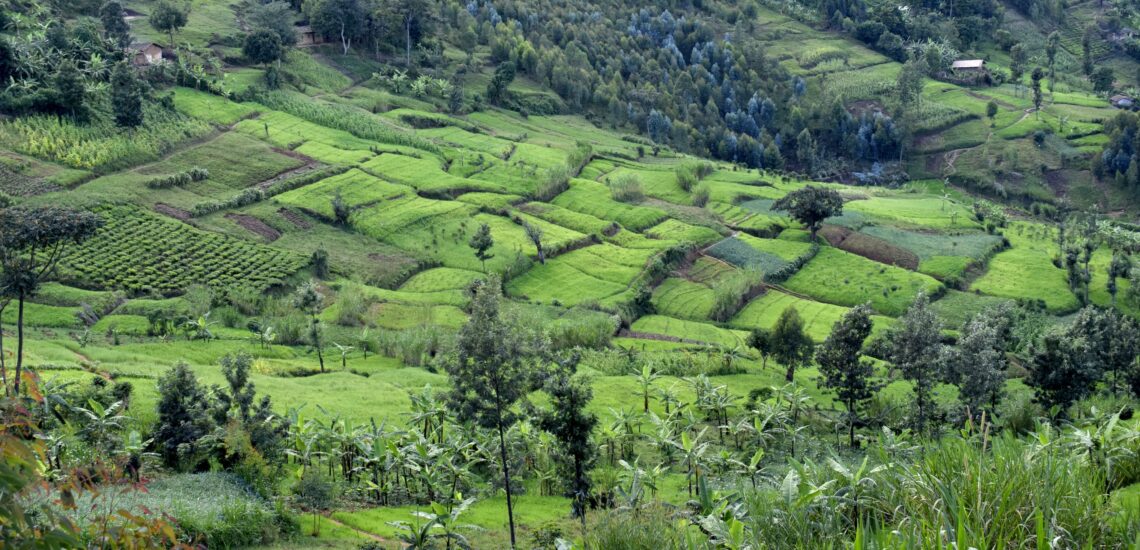Quick facts about Burundi:
- Population: Approximately 13 million people.
- Capital: Gitega (as of 2019; previously Bujumbura).
- Largest City: Bujumbura.
- Official Languages: Kirundi, French, and English.
- Currency: Burundian Franc (BIF).
- Government: Unitary presidential republic.
- Major Religion: Christianity (predominantly Roman Catholic and Protestant), with a significant Muslim minority.
- Geography: Landlocked country in East Africa, bordered by Rwanda to the north, Tanzania to the east, the Democratic Republic of the Congo to the west, and Lake Tanganyika to the southwest.
Fact 1: Burundi is one of the countries claiming to be the source of the Nile
Burundi is one of the countries that claims to be the source of the Nile River, particularly through the Ruvubu River. The Ruvubu River is a tributary of the Kagera River, which flows into Lake Victoria. Lake Victoria, located in Uganda, Kenya, and Tanzania, is traditionally recognized as one of the primary sources of the White Nile, one of the two main tributaries of the Nile.
The debate over the Nile’s exact source involves multiple locations in East Africa. Burundi’s claim is part of the broader discussion about the river’s origins, with various sources across the region being considered as potential points of origin. The Ruvubu River’s contribution to the Kagera River, and subsequently to the White Nile, highlights the complexity and regional significance of the Nile’s sources.
Note: If you plan to travel around the country on your own, check if you need an International Driving Permit in Burundi to rent and drive a car.
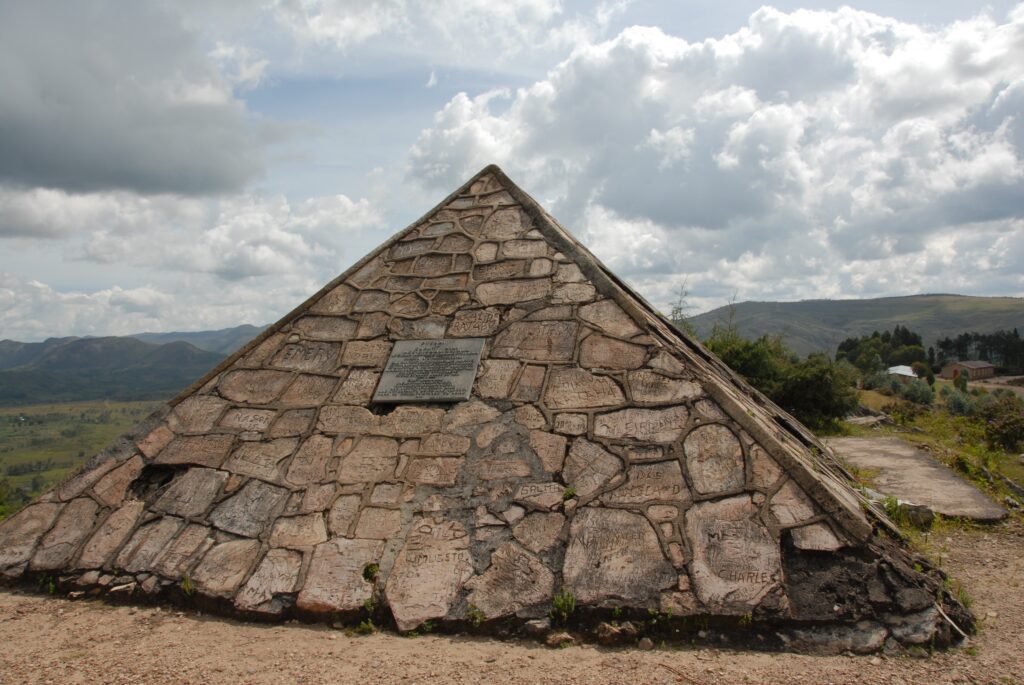
Fact 2: Burundi is one of the densely populated countries in Africa
Burundi is one of the more densely populated countries in Africa. With a population of approximately 13 million people and a land area of around 27,000 square kilometers, Burundi has a high population density of about 480 people per square kilometer. This high density is due to its relatively small land area combined with a significant population. The country’s mountainous terrain and limited arable land further exacerbate the challenges associated with such high population density.
Fact 3: Relative to the size of the country, Burundi has amazing biodiversity
Burundi boasts remarkable biodiversity relative to its size. Despite being a relatively small country, it is home to a diverse array of flora and fauna. The country’s varied ecosystems, including forests, savannahs, and wetlands, contribute to its rich biodiversity.
Burundi’s natural landscapes support numerous species of birds, mammals, reptiles, and plants. Notable examples include the endangered mountain gorillas in the Kibira National Park, which are part of the broader Albertine Rift’s unique fauna. Additionally, the country is known for its rich birdlife, with many species that attract birdwatchers.
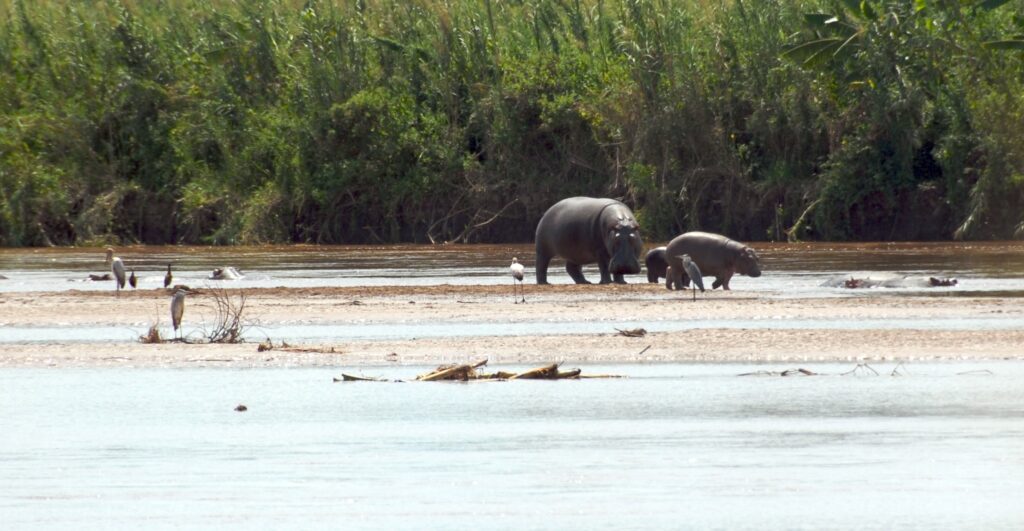
Fact 4: Burundi has not yet recovered from the effects of the civil war
Burundi has faced ongoing challenges in recovering from the effects of its civil war, which lasted from 1993 to 2005. The conflict had profound and lasting impacts on the country’s political, social, and economic landscape.
Political and Social Impact: The civil war led to widespread violence, displacement, and loss of life, leaving deep scars on Burundian society. The country has struggled with political instability and ethnic tensions since the conflict, which have continued to affect governance and social cohesion.
Economic Challenges: The war severely damaged Burundi’s infrastructure and economy. Rebuilding efforts have been hampered by recurring political unrest and limited resources. Poverty remains widespread, and economic development is constrained by the ongoing effects of the conflict and related issues.
Post-Conflict Recovery: While there have been efforts towards peacebuilding and development, progress has been slow. The government and international organizations continue to work on reconciliation, infrastructure development, and economic recovery, but the legacy of the civil war continues to pose significant challenges.
Fact 5: Agriculture is the main occupation of Burundians
The majority of the population engages in subsistence farming, which means they grow crops primarily for their own consumption and for local markets.
Among the main crops cultivated in Burundi, coffee and tea are of particular economic importance. Coffee is one of the country’s most significant export products, with the majority of the coffee grown being of high quality. Burundi’s coffee industry is known for producing Arabica coffee with a distinctive flavor profile. Tea is also a key export crop, with several large plantations contributing to the national economy. Both crops are vital sources of income for many Burundian farmers and play a crucial role in the country’s export revenue.
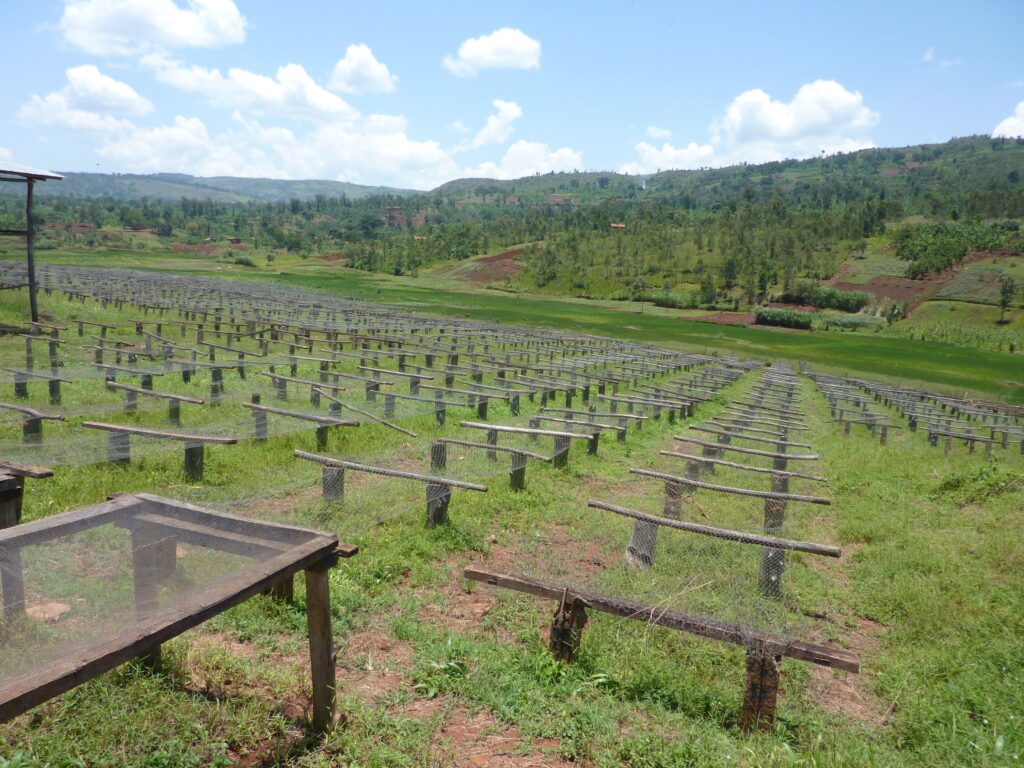
Fact 6: Internet in Burundi is one of the worst in the world
As of recent reports, Burundi ranks among the lowest in the world for internet speed and quality. The average download speed in Burundi is around 1.5 Mbps, significantly lower than the global average of approximately 30 Mbps. This slow speed impacts both daily use and business operations.
The high cost of internet access further exacerbates the issue. Monthly internet plans in Burundi can be expensive relative to local incomes, with costs often exceeding $50 per month. This high price, combined with underdeveloped infrastructure, limits widespread access and affects overall connectivity. Efforts are underway to improve the situation, but progress remains slow due to economic and infrastructural challenges.
Fact 7: In Burundi, it is common to brew beer from bananas
In Burundi, brewing beer from bananas is a traditional and common practice. This local beverage is known as “mutete” or “urwagwa.” It is made by fermenting bananas, which are abundant in the country.
The process involves mashing ripe bananas and allowing them to ferment naturally. The result is a mildly alcoholic drink with a unique taste and texture. Mutete or urwagwa is often consumed during social gatherings and ceremonies, and it plays an important role in Burundian culture and traditions.
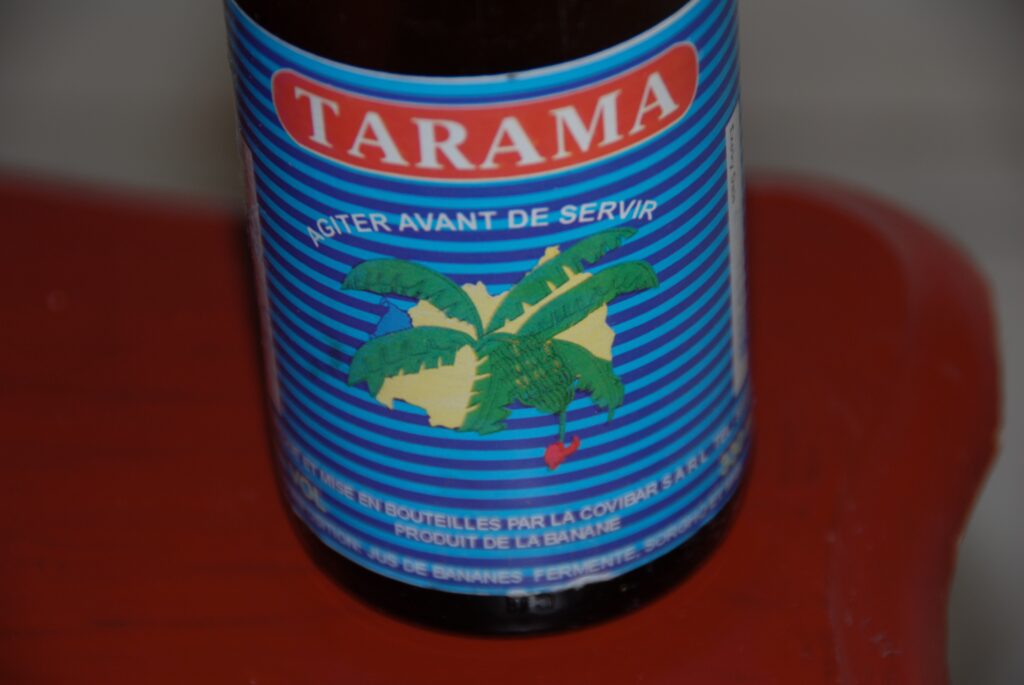
Fact 8: Burundi is the poorest country in the world by GDP in PPP terms
As of the most recent data, Burundi’s GDP per capita in Purchasing Power Parity (PPP) is approximately $1,150. This places it among the lowest in the world. For comparison, the global average GDP per capita in PPP is around $22,000. Burundi’s low GDP per capita reflects the significant economic challenges it faces, including political instability, limited infrastructure, and reliance on subsistence agriculture.
Fact 9: The people of Burundi are facing health problems due to the forced vegetarian diet
In Burundi, many people face health problems due to a diet that is often limited to staple foods such as maize, beans, and plantains. This restricted diet, driven by economic constraints rather than a deliberate choice of vegetarianism, can lead to significant nutritional deficiencies. A lack of variety in the diet can result in conditions like malnutrition and vitamin deficiencies, which affect overall health and development.
One serious condition associated with inadequate nutrition is kwashiorkor. Kwashiorkor is a severe form of protein malnutrition that occurs when there is insufficient protein intake despite adequate calorie consumption. Symptoms include edema, irritability, and a swollen abdomen. In Burundi, where economic challenges limit access to diverse and protein-rich foods, kwashiorkor and other nutrition-related health issues are of concern, particularly among children.
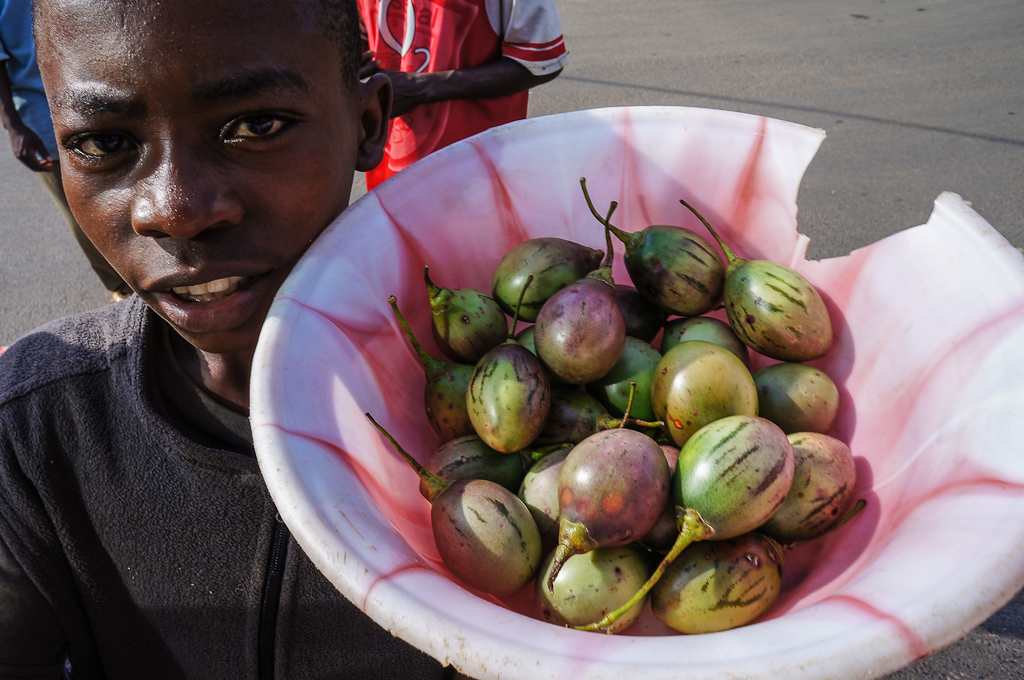
Fact 10: Burundi had a famous man-eating crocodile
Burundi was known for a famous man-eating crocodile named Gustave. This large Nile crocodile gained notoriety for reportedly attacking and killing numerous people over the years. Gustave was believed to be around 18 feet long and was suspected of being responsible for over 300 human deaths, making him one of the most infamous crocodiles in history.
Gustave lived in the Ruzizi River and Lake Tanganyika regions of Burundi, where he was both feared and revered. Despite numerous attempts to capture or kill him, Gustave remained elusive, and his exact fate remains unknown. His legend has become part of local folklore and has drawn attention from wildlife enthusiasts and researchers interested in crocodile behavior and human-wildlife conflict.

Published September 08, 2024 • 7m to read

